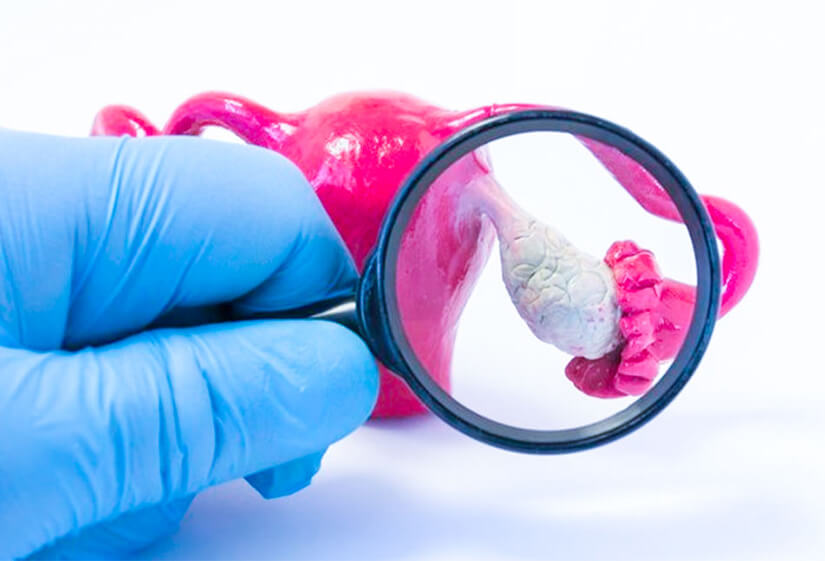A new study has found that individuals who underwent multiple courses of penicillin antibiotics had a 15% lower risk of developing Parkinson’s disease. Researchers analyzed medical records from over 93,000 individuals and identified a connection between gut health and the disease, suggesting that modifications to the gut microbiome may influence Parkinson’s risk.
Interestingly, those who took antifungal medications had a 16% higher risk of developing Parkinson’s. The study emphasizes the importance of exploring gut-brain interactions and their implications for neurodegenerative diseases.
Key Facts:
- Multiple courses of penicillin were associated with a 15% lower risk of Parkinson’s disease.
- Users of antifungal medications had a 16% higher risk of Parkinson’s disease.
- The study highlights the role of gut health in neurodegenerative diseases.
Source: Rutgers
A study conducted by Rutgers Health revealed that individuals who completed multiple courses of penicillin antibiotics experienced a modestly reduced risk of developing Parkinson’s disease. This unexpected finding underscores the complex relationship between gut bacteria and brain health.
Published in Parkinsonism & Related Disorders, the study analyzed medical records from over 93,000 people in the United Kingdom. Researchers discovered that those who received five or more courses of penicillin in the five years preceding their diagnosis had about a 15% lower risk of Parkinson’s compared to those who did not take antibiotics.
“We found an inverse dose-response relationship between the number of penicillin courses and Parkinson’s disease risk across multiple durations,” stated Gian Pal, a neurologist at Rutgers Robert Wood Johnson Medical School and the study’s lead author. “This was unexpected and contrasts with some prior studies.”
These findings contribute to growing evidence that the trillions of microbes residing in the human digestive tract may influence the development of Parkinson’s disease, a progressive brain disorder affecting movement and balance. Some researchers speculate that inflammation or toxins from specific gut bacteria may contribute to the disease’s progression.
“There’s a hypothesis that the disease begins in the gut, where inflammation can increase intestinal permeability, allowing toxins or inflammatory agents to travel to the brain via the vagus nerve,” Pal explained.
To explore the potential links between gut bacteria and Parkinson’s disease, the researchers analyzed anonymized medical records from a large UK database, comparing 12,557 individuals diagnosed with Parkinson’s to 80,804 similar individuals without the disease.
In addition to the reduced risk associated with penicillin use, the study found that individuals who took two or more courses of antifungal medications in the five years before diagnosis had approximately a 16% higher risk of Parkinson’s, consistent with findings from a previous Finnish study.
However, Pal cautioned that these associations are relatively small and should not dictate medical decisions. “These are all very mild, so they should not influence decisions about when to use antibiotics or antifungals,” he said. “The significance of the study lies in its suggestion that something in the gut microbiome may influence Parkinson’s disease.”
While the study has limitations, such as its inability to account for other factors affecting gut bacteria, including diet, Pal emphasized the need for further research into how gut microbes may impact Parkinson’s risk.
“The fact that a medication taken for just a few days can slightly alter your microbiome and also influence Parkinson’s risk makes a compelling case for the microbiome’s involvement,” he noted.
Parkinson’s disease affects more than 10 million people worldwide, with cases expected to rise as populations age. While its exact causes remain unclear, researchers believe that a combination of genetic and environmental factors contribute to the disease. It is primarily diagnosed based on symptoms, as no definitive lab test exists.
Pal stated that future research will focus on determining whether specific fungi or bacteria in the gut are linked to Parkinson’s risk. “A better understanding of the antifungal composition in the gut—an area that has not been extensively explored—may help distinguish Parkinson’s patients from those without the disease,” he said. Researchers also aim to investigate whether modifying levels of certain gut microbes could potentially reduce Parkinson’s risk or alter the disease’s progression in individuals already diagnosed.




